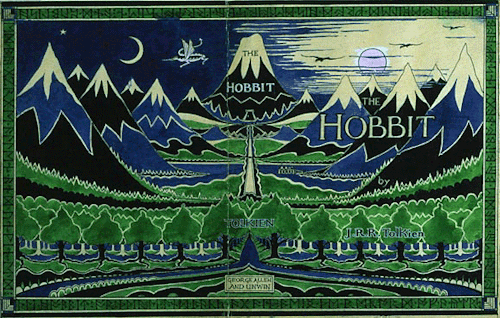Dear Ms. Hofstadter,
We regret to inform you that our organization will not be
providing the requested $235,000.00 for your art installation. Though it is
listed on our website, we have only $100,000.00 to award across all proposed
projects. We wish you the best of luck in finding other sources of financial
support, though we recommend you apply to them after getting government
approval for the public use of deceased persons.
We wish you to know the ethical and legal ramifications of
your corpse mutilation did not dissuade any of our administrators in their personal
voting on your endowment, even though it led to the denial of your proposal. This
has actually been the first case in our organization’s history in which we
denied funding because something was offensive, and we would like to thank you
for the experience your application provided.
We have never had a situation like it, and our reviews
process went unusually long. Our organization funds many controversial art displays
across the United States and
Canada,
and many of our administrators are charter members of anti-censorship groups.
The first problem is your proposed location, which sees no
annual tourism and has below five hundred people in the local counties. We
contacted the Chamber of Commerce and found it expected no increase in tourism
based on your installation, and at least one secretary ranted at our interns
about the nature of your project and your history with his office. Also, allow
this letter to serve as reminder that you did not mention prior legal allegations
of necrophilia in your application.
Your application process was also hindered by your minimal
responses to follow-up queries, particularly on the grounds of the art patrons
it would serve. We noted that your proposal makes several mentions of “The
Fundies” it would offend, but no audience that would enjoy or engage with it.
Two interns spent several weeks corresponding with people related to the arts in
the area and found none desired to view the proposed installation. To date your
only answer to queries has been “sum ppl desirve ofending.”
There are administrators with this organization that agree
with your sentiments. Several of our administrators have produced highly
provocative art, but even the most liberal could not see the point in spending
so much money to offend so few people. It has been argued that art must not be
repressed, hamstrung financially, or discarded based on the number of people
who dislike it. However, due to your project having minimal audience and
requiring more than twice our operating budget, we were forced to vote against
funding based on the perplexing ruling that your work is offensive.
It’s been a baffling year at the organization. We have never
been in this philosophical position before. Thank you for allowing us to
readdress our opinions on censorship. It has been a learning process.
Sincerely,
Martin Sheinbaum









